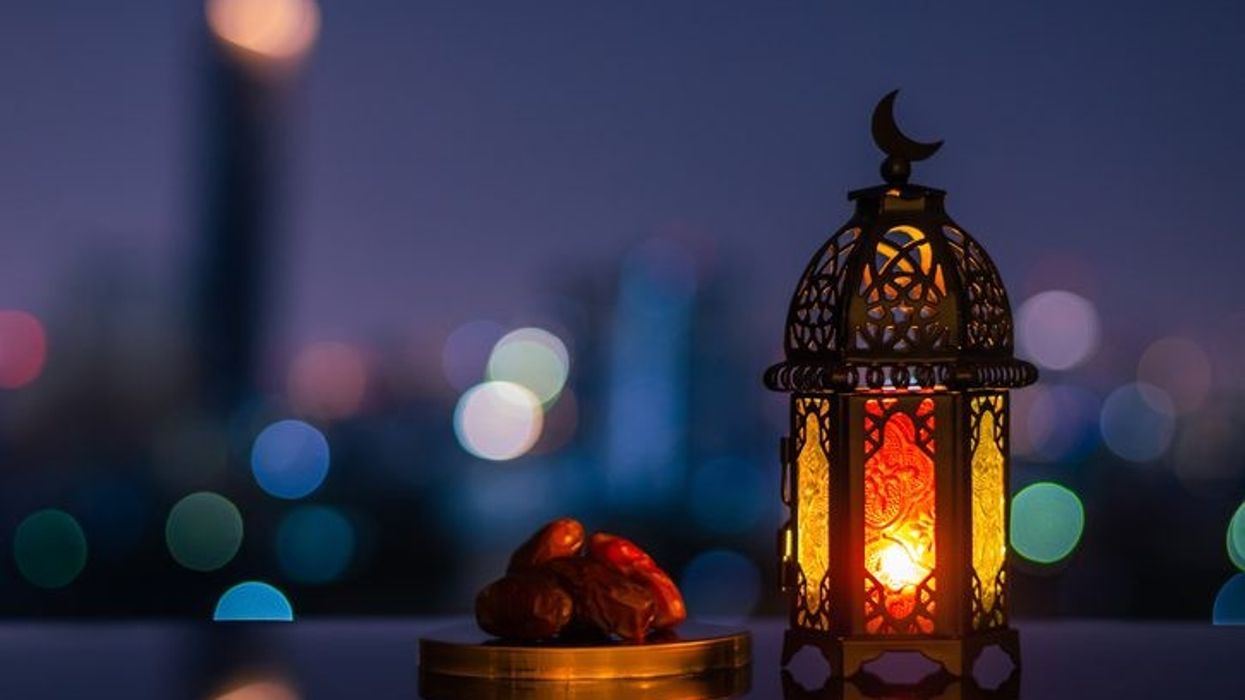As Ramadan is currently underway, independent pharmacy chain Well Pharmacy has provided some fact-based guidance on managing one's health and medication while fasting.
The guidance includes advice on prescribed medications, injections, and eye drops, among other things. The pharmacy states that, while oral consumption is entirely prohibited during the month of Ramadan, it is acceptable to receive vaccinations and blood tests during this time.
Additionally, medical items that are not consumed orally, such as eye drops, may still be used. It is also crucial for individuals to continue taking their prescribed medications throughout Ramadan.
As someone who observes Ramadan himself, Ifti Khan, Superintendent Pharmacist at Well Pharmacy, has stated that there can be confusion surrounding medication and managing health conditions while fasting, a press release informed.
Khan encourages anyone who is concerned to speak with their local pharmacist, as they may be able to alleviate their fears. It is critical to continue managing one's health during Ramadan.
Injections or vaccinations, blood tests, and the use of eye or ear drops are all acceptable during Ramadan, as are non-oral medical items like nicotine or other transdermal patches, pessaries, and dialysis.
Additionally, if an individual eats or drinks as a result of forgetfulness caused by a medical condition, it is permissible.
Khan also advises that during Ramadan, it's important to continue taking prescribed medications as not doing so could have serious consequences. However, it's recommended to speak to a pharmacist who is best placed to advise if the times medications are taken can be changed or doses adjusted.
It's also important to attend any medical appointments that have been booked assuming one feels well enough. If someone becomes unwell while fasting, they can break their fast to avoid harm, and they should speak to a pharmacist or GP if this happens.
It's not uncommon for those fasting to feel bloated or constipated, especially in the first few days, but over-the-counter medicines are available to help with this, and pharmacy teams can provide recommendations.
Those who are not required to fast during Ramadan can make a mandatory donation to provide meals for those in need, and it's crucial not to put your health at risk.
To maintain good health during Ramadan, it's recommended to have nutritious meals when breaking your fast and ensure proper hydration. If possible, try to engage in light exercise.
And for those who smoke, consider using your self-control to quit for good. Additionally, if you need any advice, don't hesitate to speak to your pharmacist.




